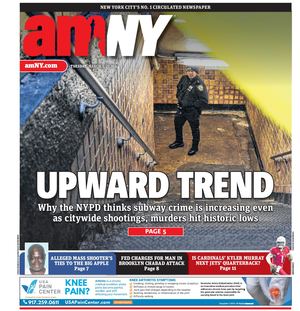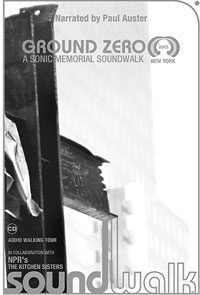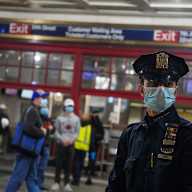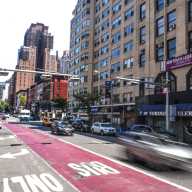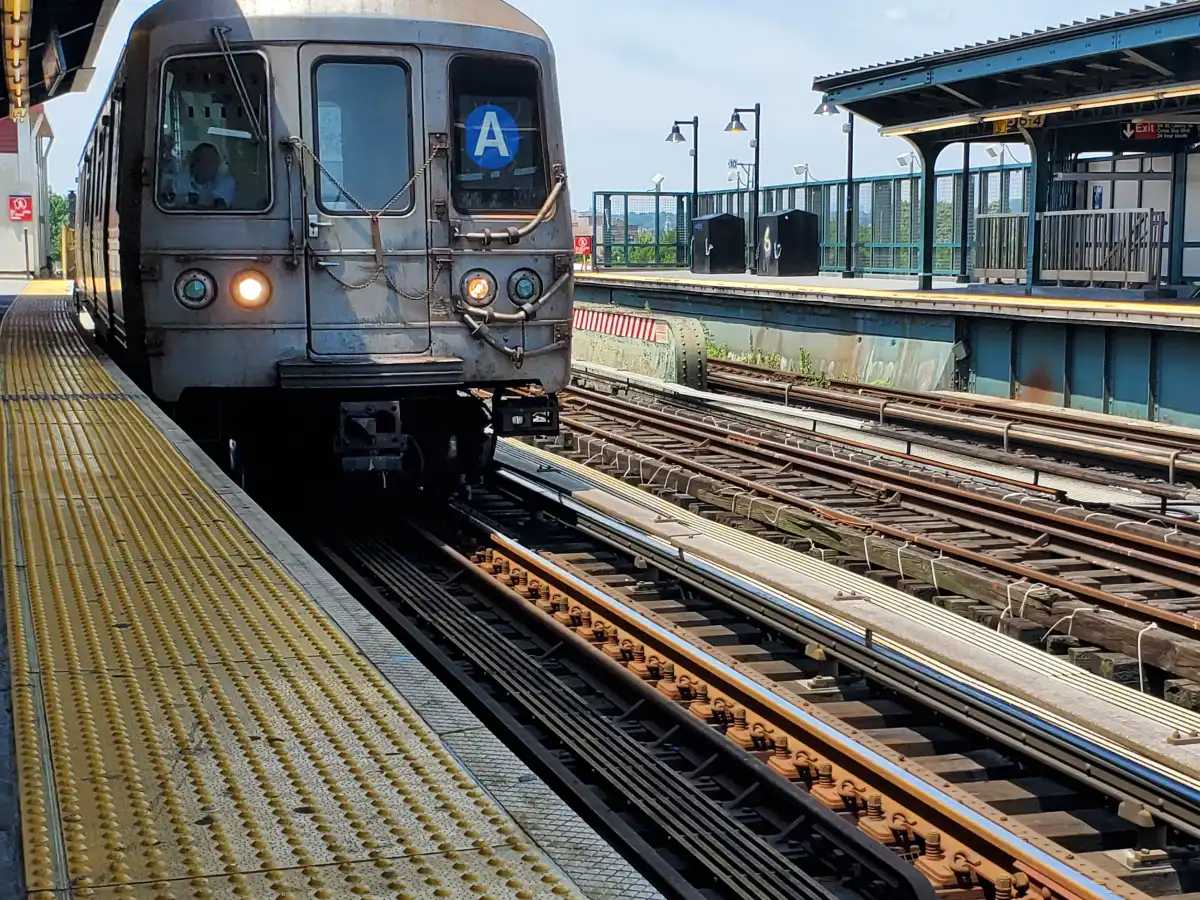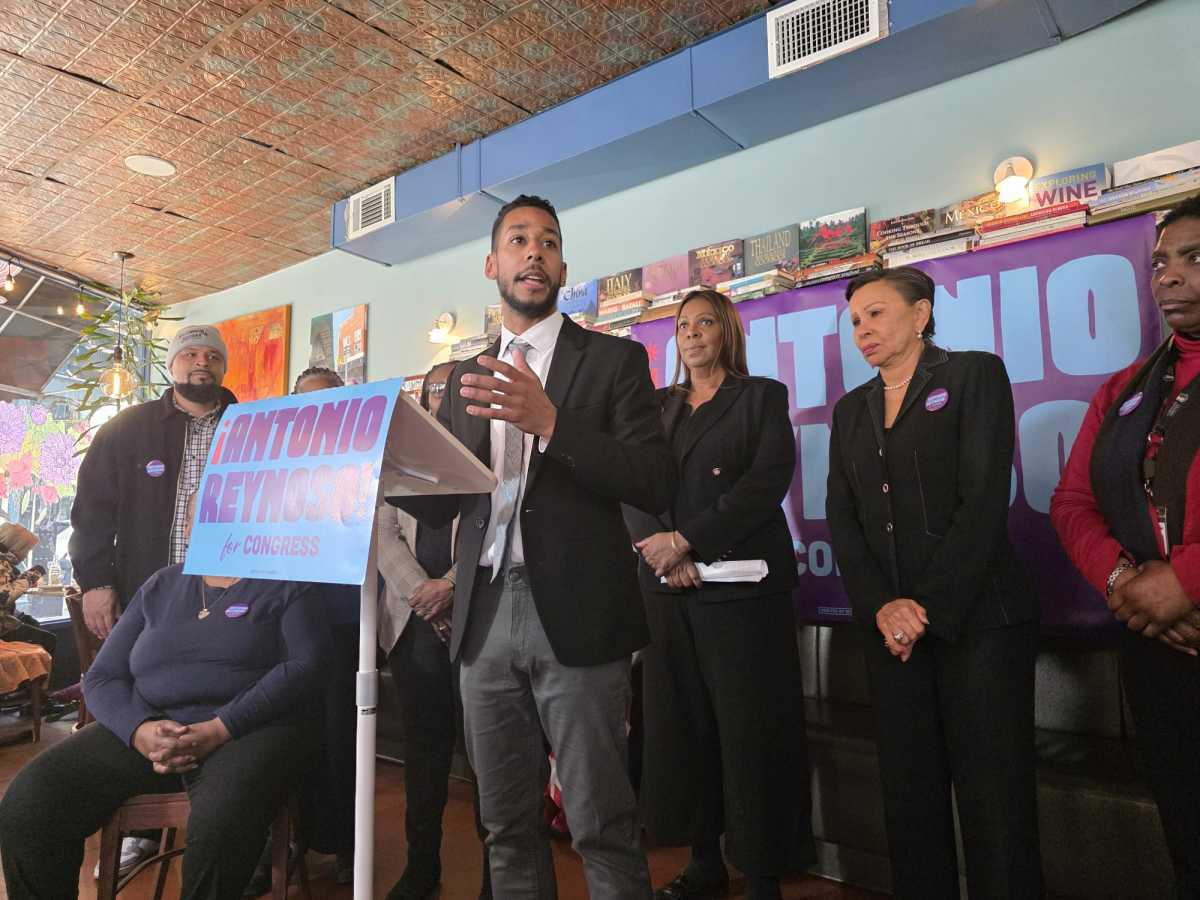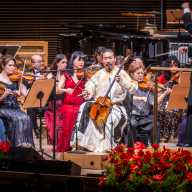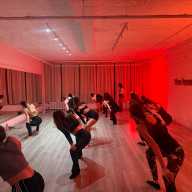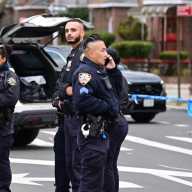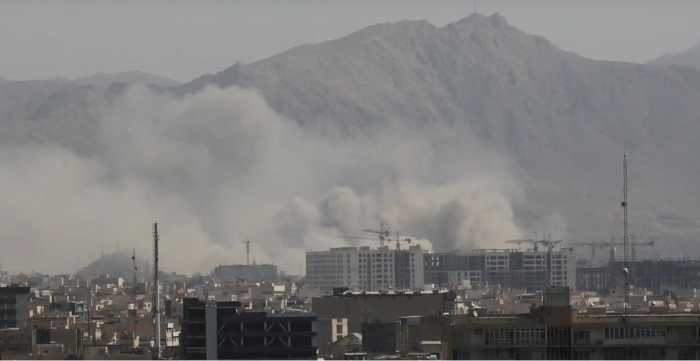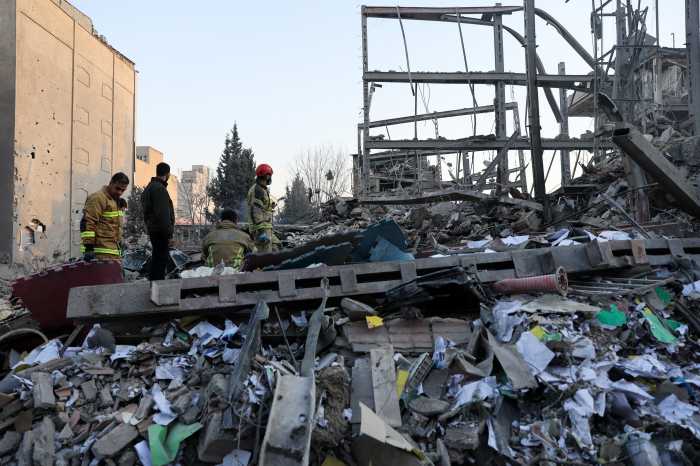By Timothy Lavin
One evening last spring, Nikki Silva and Davia Nelson wandered around the Oyster Bar in Grand Central Station and marveled amidst the cacophony: surrounding them were widows and widowers, artists, archivists, Mohawk iron workers, writers, poets, radio producers, and friends and family arrived from afar. They had gathered to celebrate; the two had just won a prestigious award for the work that had consumed them, and involved many, many others over the last two years — the Sonic Memorial Project.
Silva and Nelson, known for their work together as “The Kitchen Sisters” on NPR’s “Lost and Found Sound,” helped set up a hotline shortly after September 11, 2001 and announced it on NPR. They encouraged listeners to call and record their remembrances of the World Trade Center and the surrounding neighborhood; they hoped to preserve an audio history. Thousands of calls poured in and they compiled the best of them into radio segments and, eventually, a website. Still, they had hoped for something more tangible.
About a year ago, the Kitchen Sisters met with Michel Sitruk and Stephan Crasneanscki, the entrepreneurs who had created Soundwalk, a company specializing in developing CD-guided walking tours of urban areas. Both groups had the same plan in mind: an audio memorial at Ground Zero. The Sonic Memorial Soundwalk was born.
“They had been looking for a physical home for this archive, a public component,” said Sarah Bacon, the communications director for the project. “Some sort of manifestation where they could put these works and people could walk up and experience them. So Soundwalk became the vehicle for the archive.”
The Soundwalk is smoothly edited and compacts a museum’s worth of audio history into a 50-minute guided tour. It incorporates old news radio segments, testimony from survivors, cell phone calls from victims to loved ones, and much else, all from the World Trade Center and environs. Much of the material comes from calls to the original Sonic Memorial Project. Some required much greater effort to collect and edit.
Residents of downtown could be forgiven, nearly three years after the fact, for avoiding additional September 11th memorials; the memories are painful, the memorials often inadequate, repetitive or sentimental. But they should try the Sonic Memorial Soundwalk.
It mentions few statistics, abides by no coherent chronology and, for much of the time, affords little in the way of things to look at. Yet the Soundwalk provides a unique rendering of area history — a curated sonic archive — and allows room for contemplation, and time for sitting and listening and thinking.
WWW Downtown Express
